Submitted by Derek Piotr
This song played an extremely significant role in my early musical life. Around age 7 or 8, I was avidly using our home PC and spent many hours browsing Encarta Encyclopedia, a kind of proto-Wikipedia. Encarta was full of media clips, and Bob Mills’ performance was among them. This became one of the first songs I remember learning, and when I visited Will and Pippa Noble on their farm in Shepley, it was the first song I requested.
This song seems to have completely fallen out of favor in the twenty-first century; I can’t find anyone else around who still knows it. Hopefully my entry here will correct that.
Listen to Will & Pippa Noble performing “We’re All Jolly Fellows that Follow the Plough,” recorded by Derek Piotr in Shepley, 2021.
Bob Mills performing “All Jolly Fellows that Follow the Plough,” recorded by Sam Richard in Winchester, 1981:
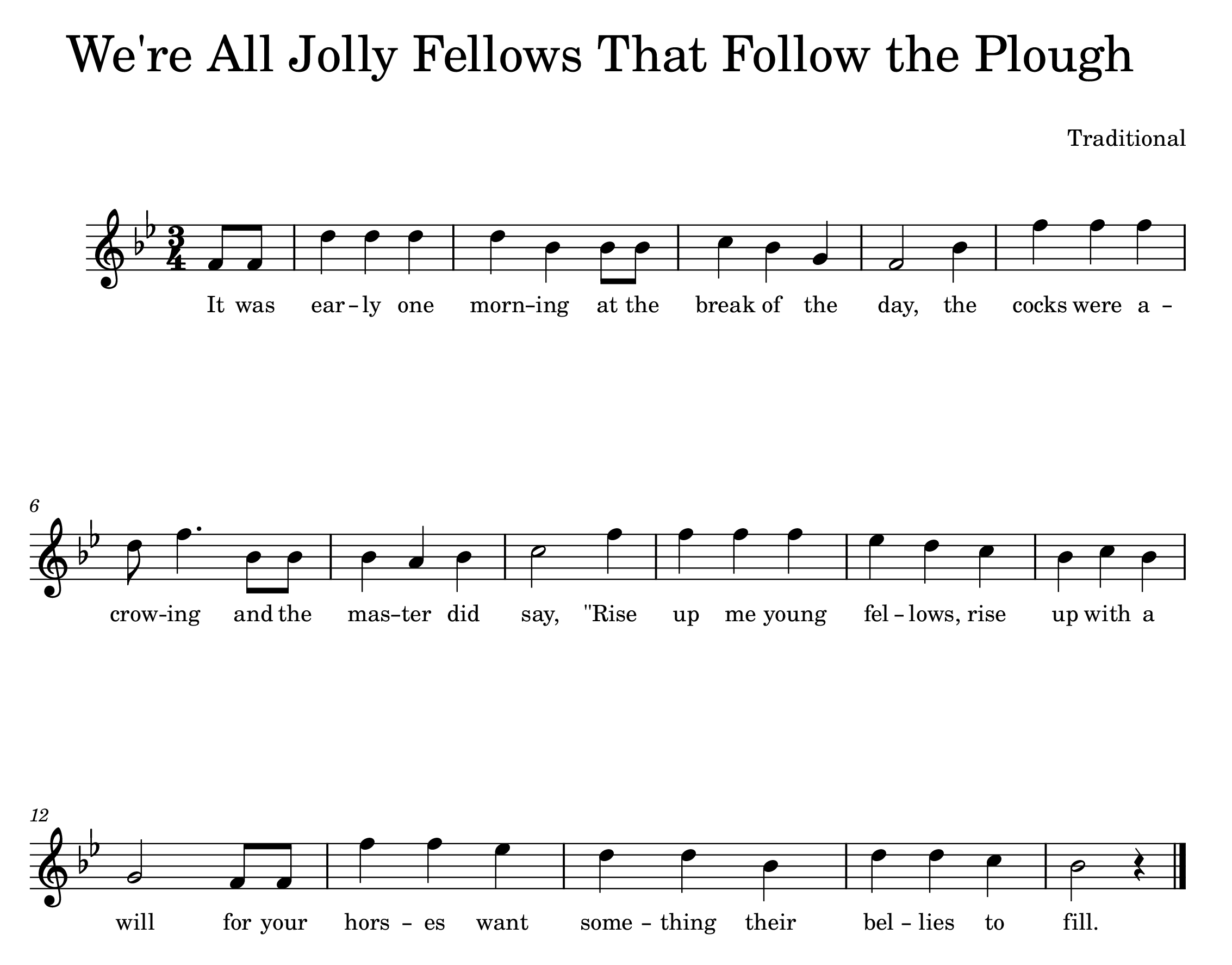
Lyrics
‘Twas early one morning at the break of day,
The cocks were a-crowing, the farmer did say,
”Come rise you good fellows, arise with good will,
For your horses want something their bellies to fill.”
When four o’clock comes, then up we all rise,
And into our stables so merrily fly,
With rubbing and scrubbing our horses we vow,
We’re all jolly fellows that follow the plough.
Then six o’clock comes, at breakfast we meet,
Peat bread and pork pies we heartily eat,
With a piece in our pocket, I’ll swear and I’ll vow,
We’re all jolly fellows that follow the plough.
Then we harness our horses, our way then we go
And trip o’er the plain boys so merrily-O,
And when we come there, so jolly and bold,
To see which of us the straight furrow can hold.
Our master came to us and thus he did say,
“What have you been doing boys, all this long day?
Well you’ve not ploughed an acre, I’ll swear and I’ll vow.
And you’re all idle fellows that follow the plough.”
I stepped up to him and made this reply,
“We have all ploughed an acre, so you tell a lie.
We have all ploughed an acre, I’ll swear and I’ll vow,
And we’re all jolly fellows that follow the plough.”
He turned himself round and he laughed in a joke,
“It’s past two o’clock, boys; it’s time to unyoke.
Unharness your horses and rub them down well,
And I’ll give you a jug of the very best ale.”
So come all you brave fellows, where e’er you be,
Take this advice and be ruled by me,
And never fear your masters, I’ll swear and I’ll vow,
For you’re all jolly fellows that follow the plough.
Derek Piotr is a folklorist, researcher and performer whose work focuses primarily on the human voice. His work covers practices including fieldwork, vocal performance, preservation and autoethnography; and is primarily concerned with tenderness, fragility, beauty and brutality. His work has been supported by The Traditional Song Forum and The Danbury Cultural Commission, and has featured on Death is Not the End and BBC. He recently launched the Fieldwork Archive.

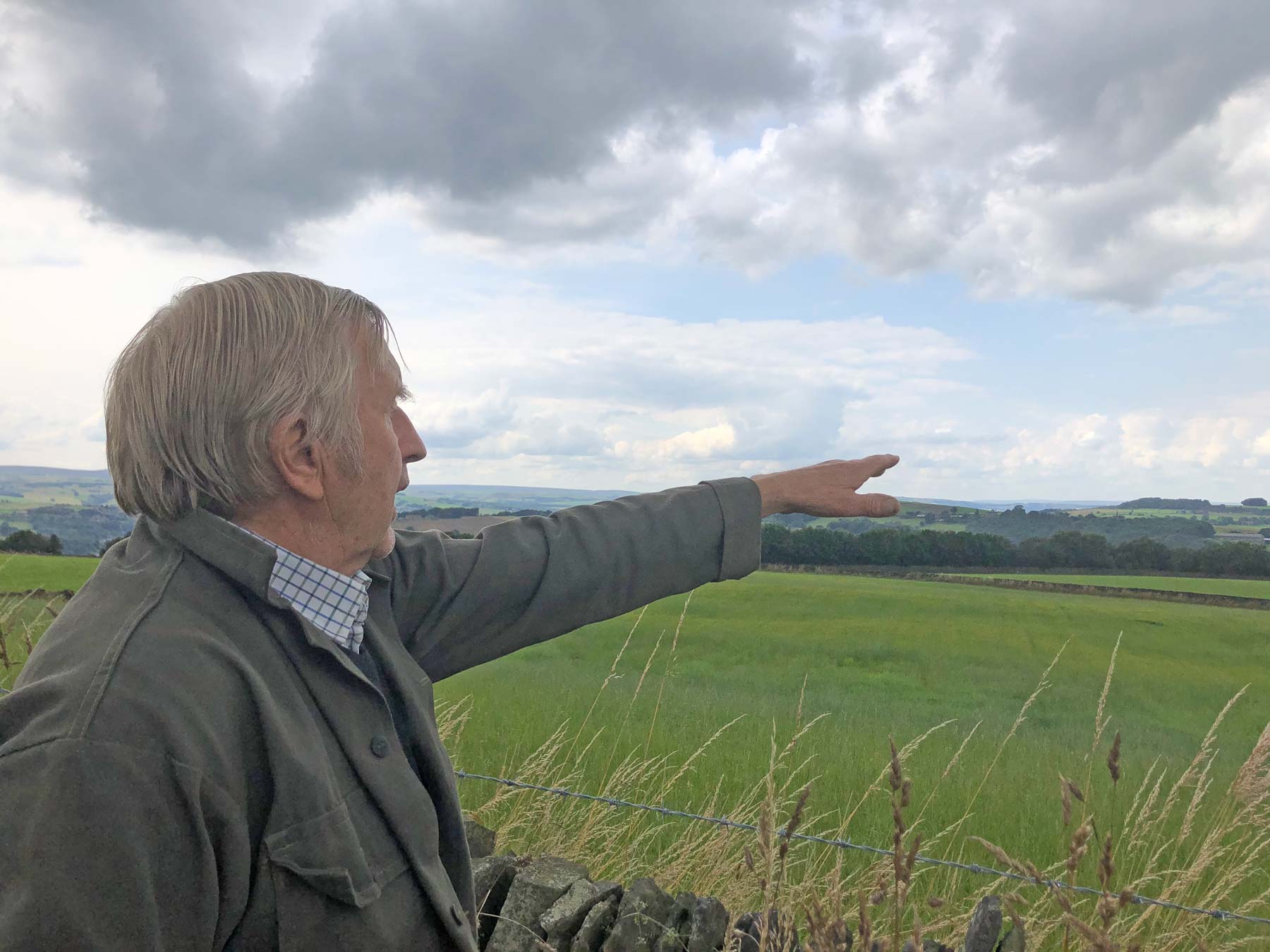
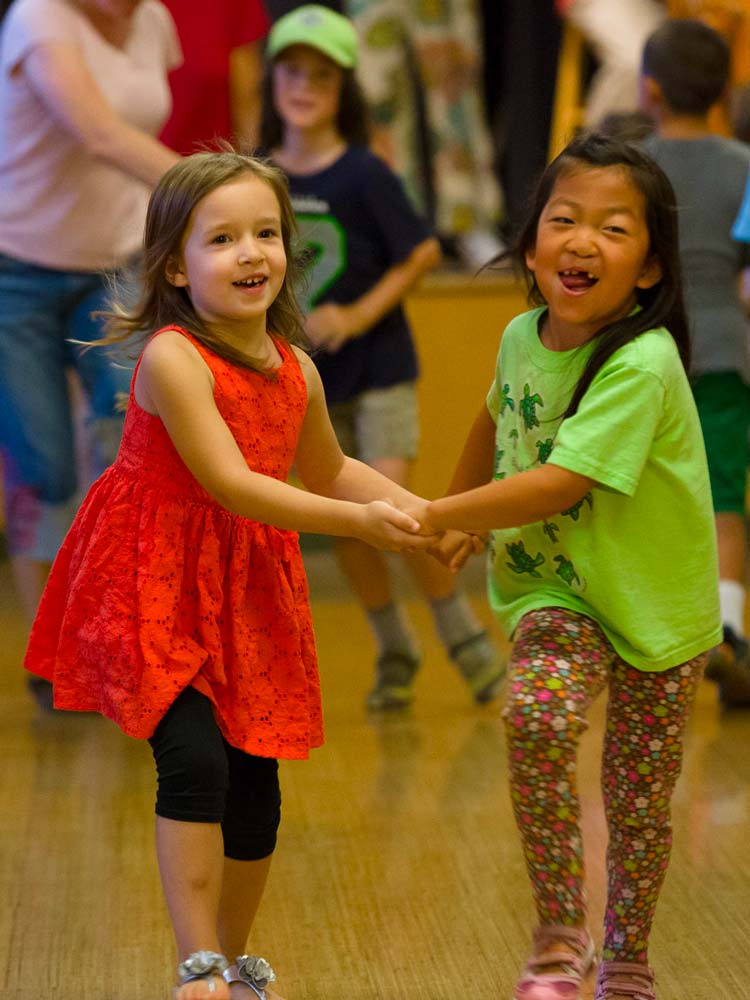
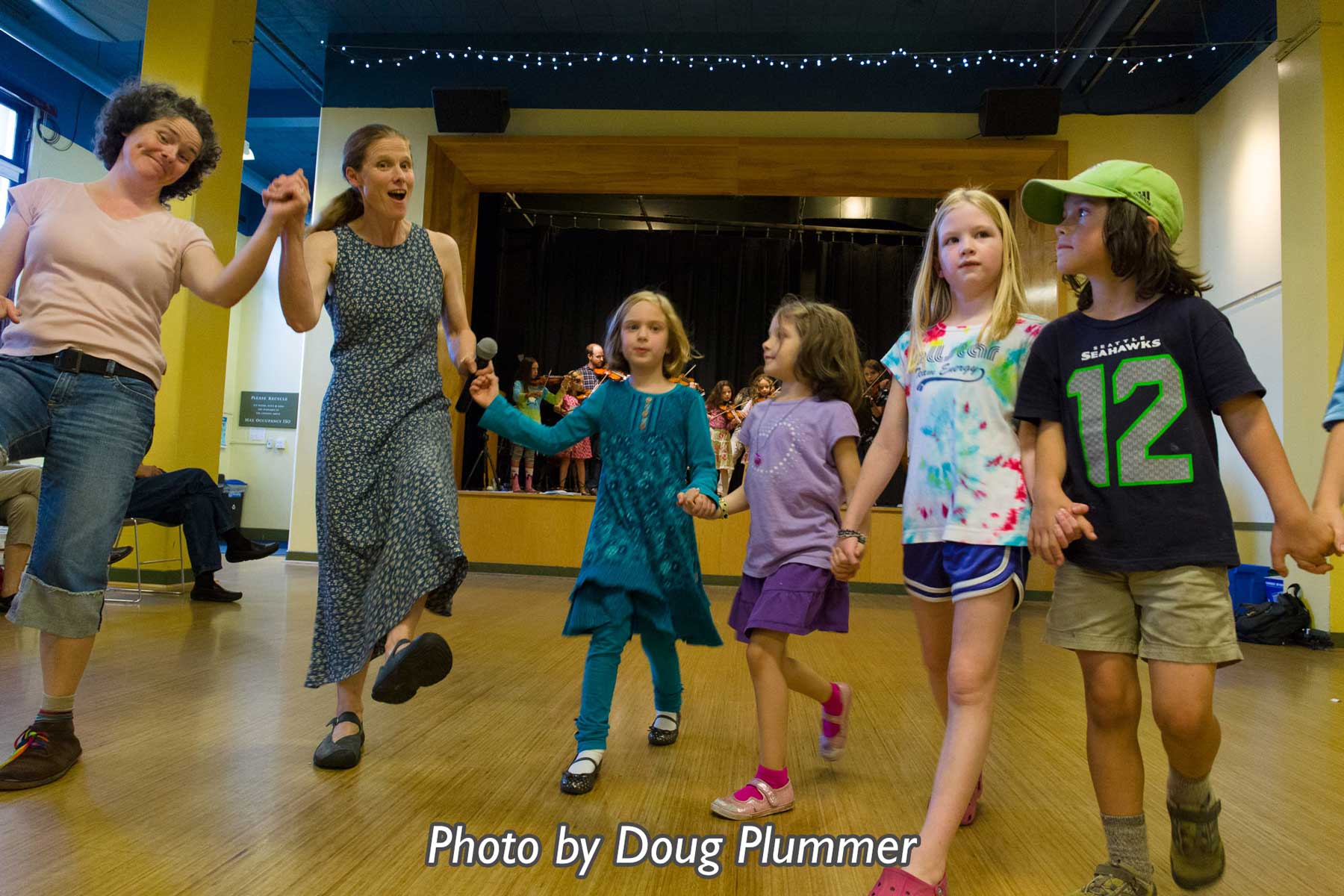
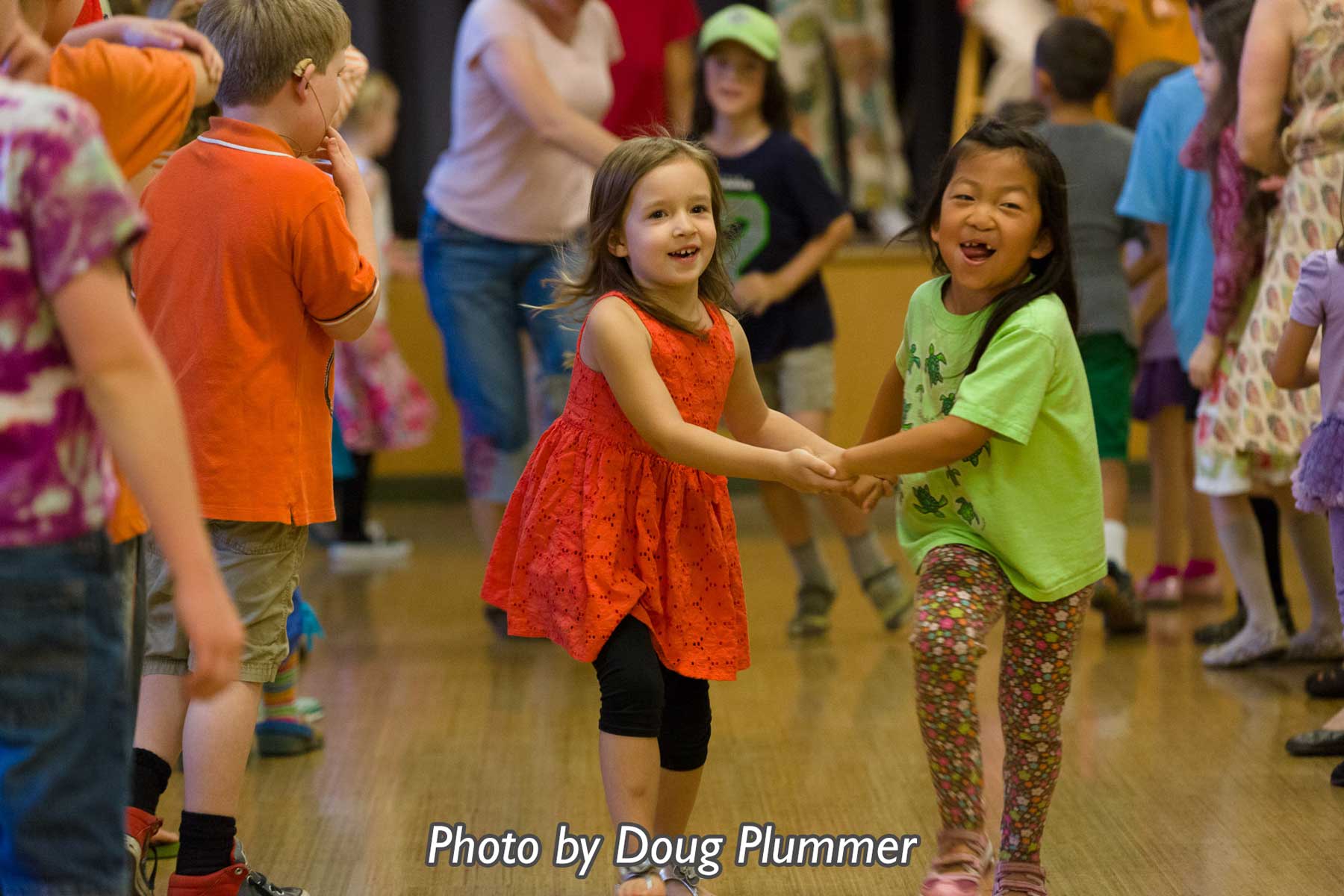

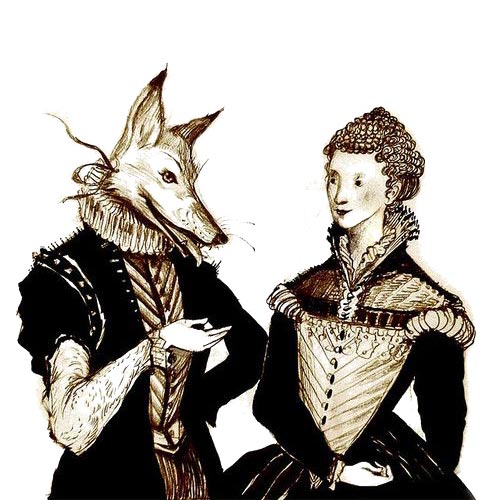
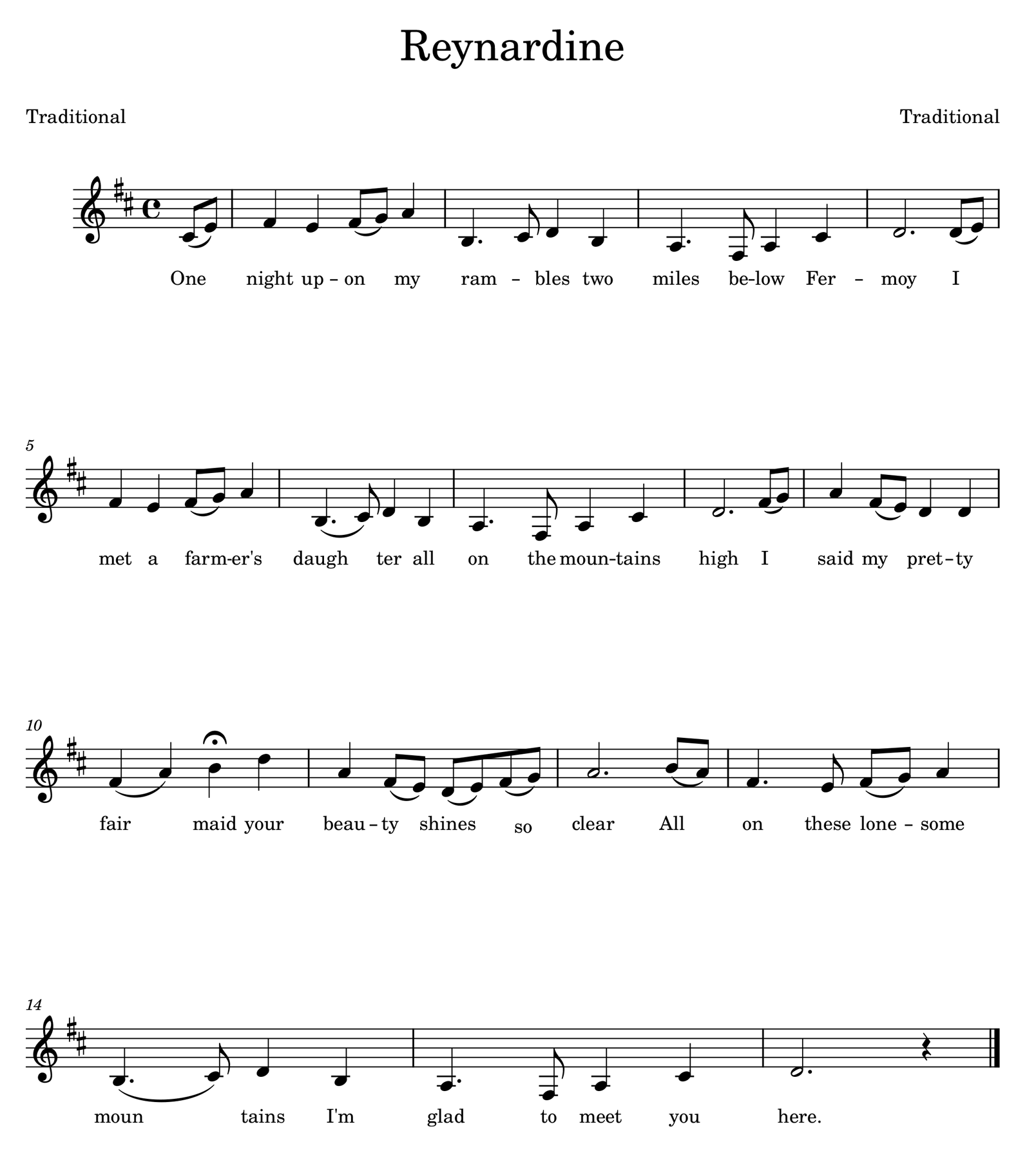
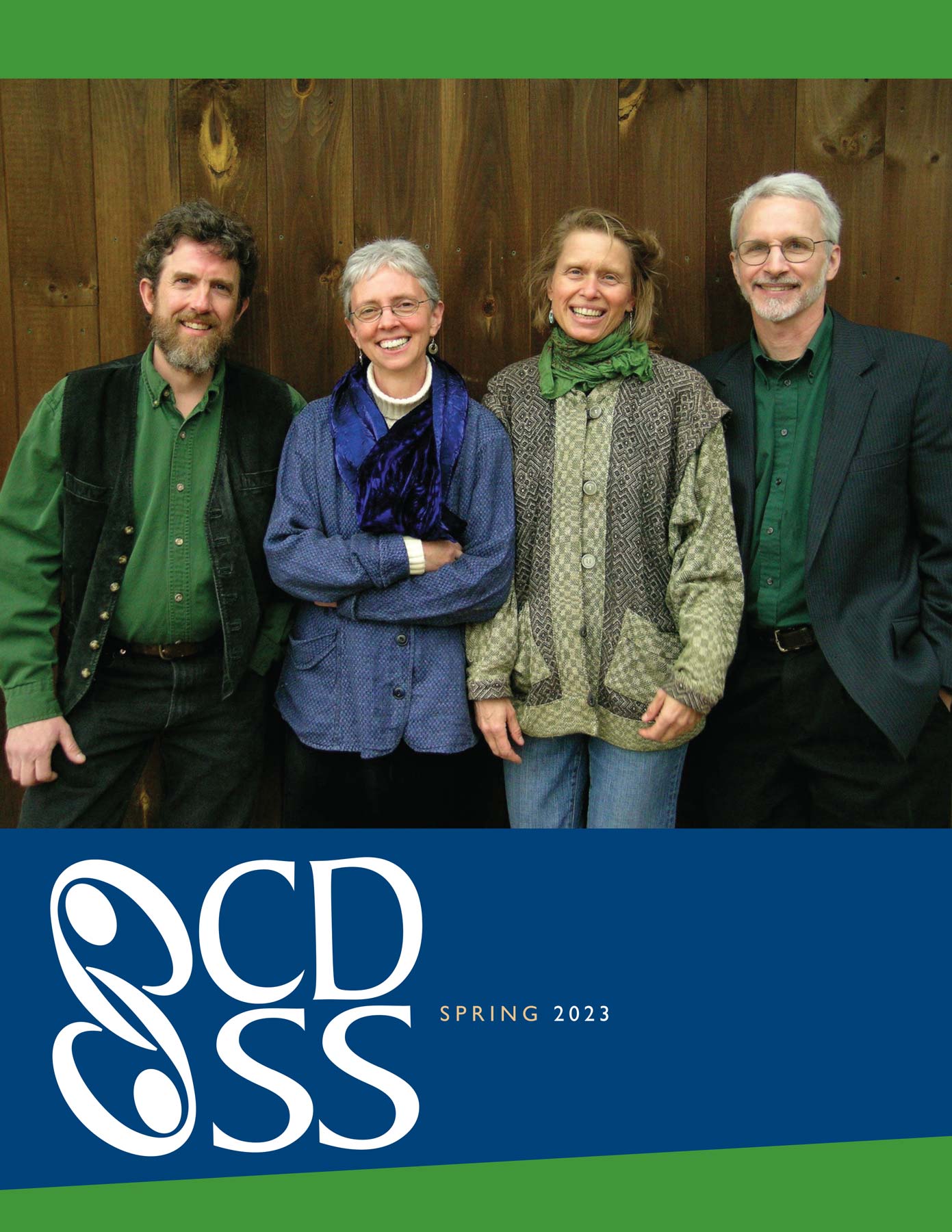
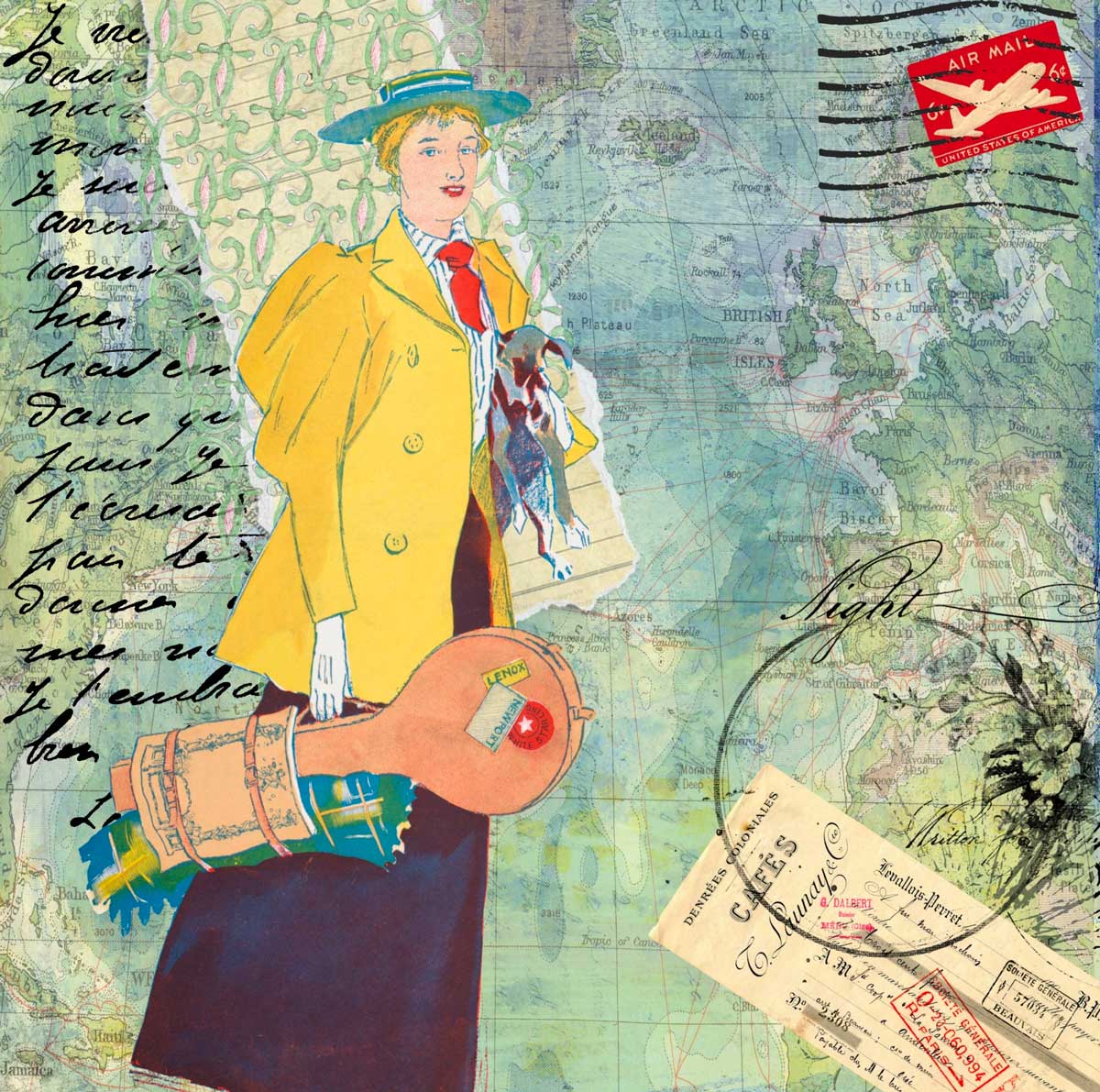
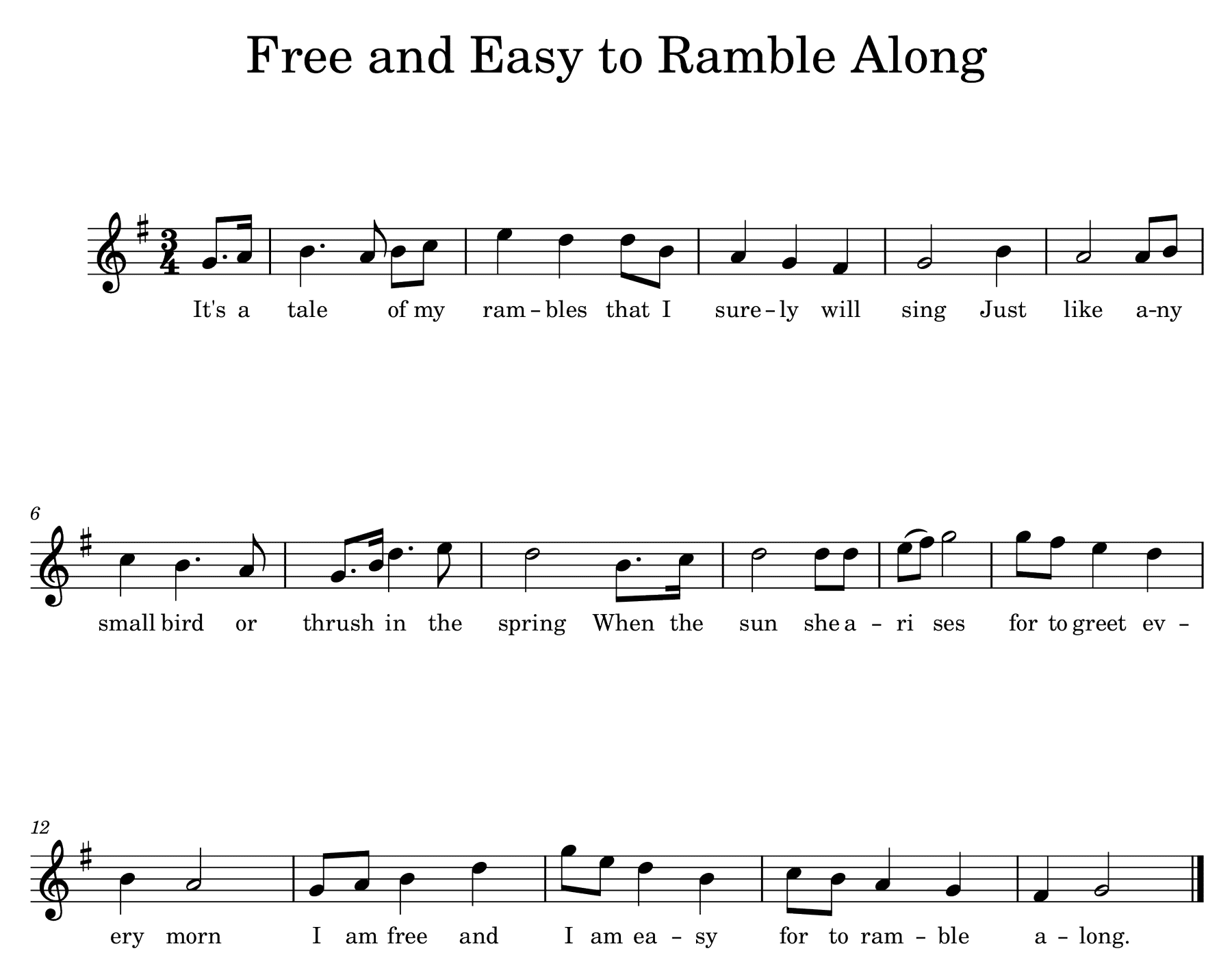
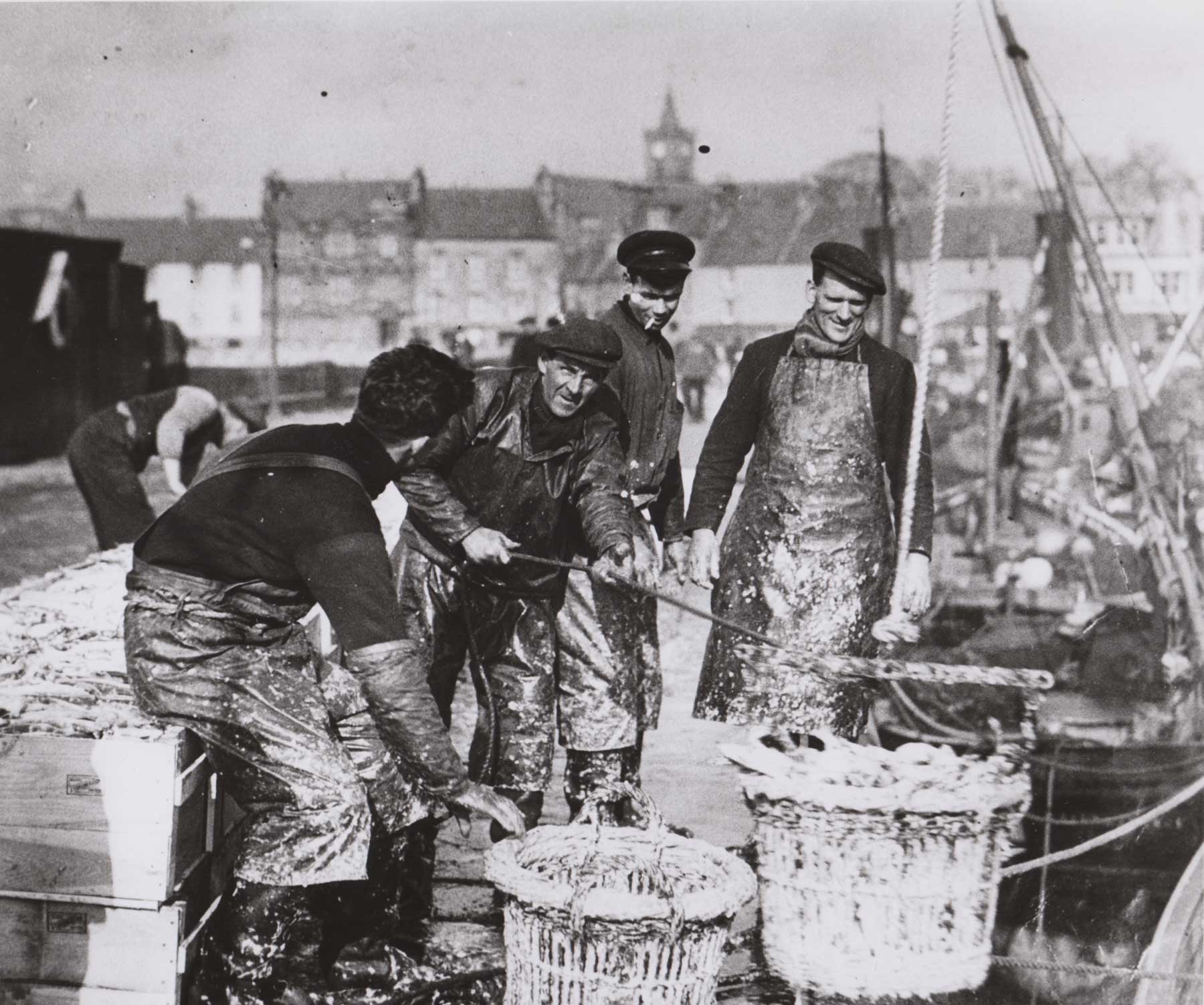
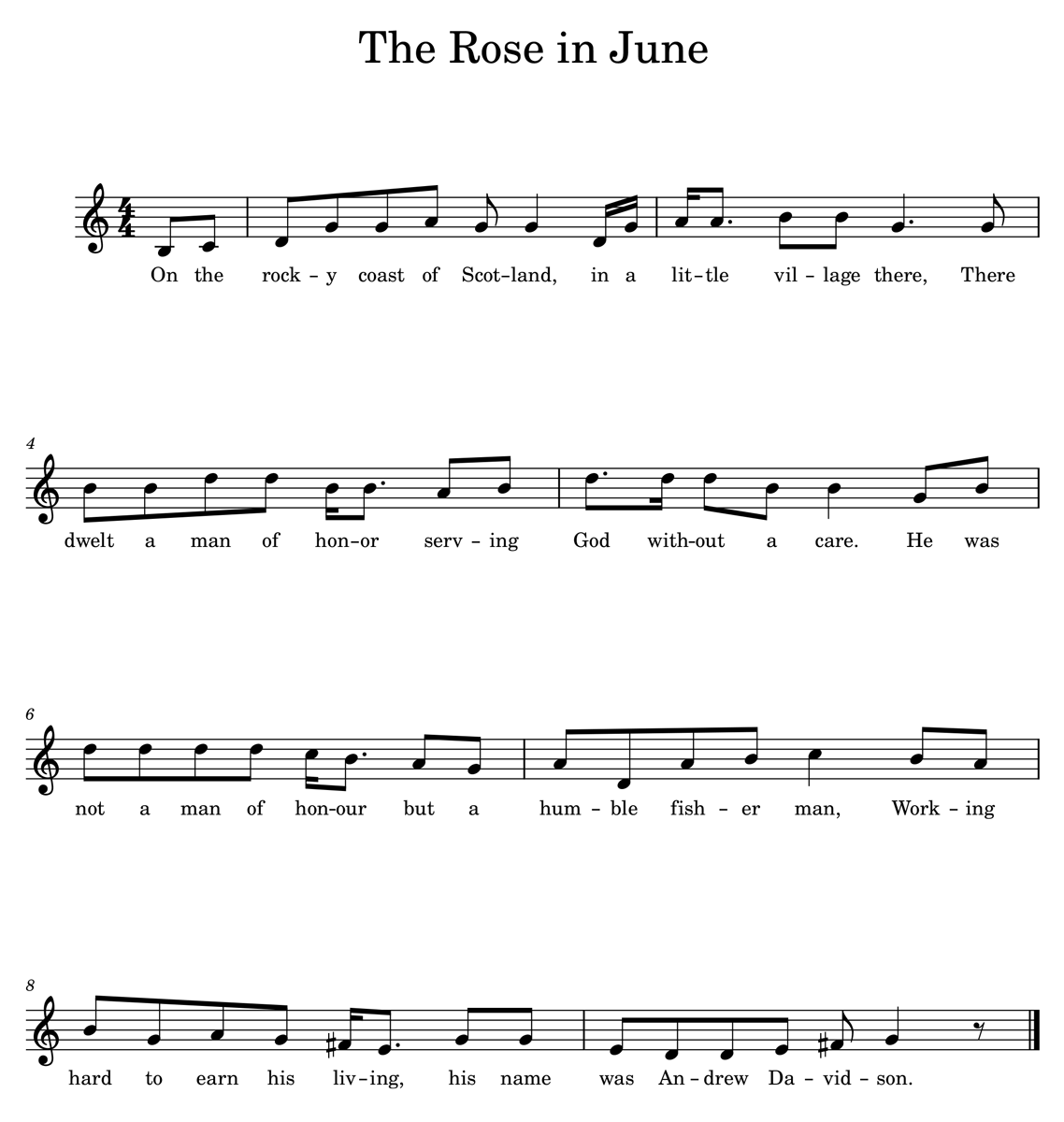
 Thanks to the Massachusetts Cultural Council for their generous support.
Thanks to the Massachusetts Cultural Council for their generous support.